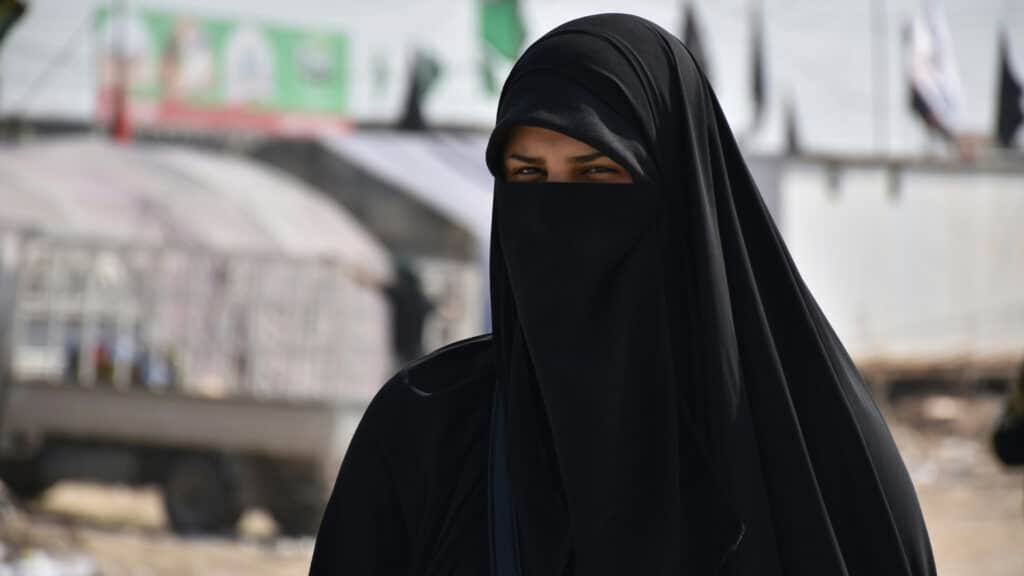Kazakh religious leaders weigh in on niqab ban debate

Kazakhstan’s community has been actively discussing the recent ban on wearing face-covering garments, including niqabs — face veils worn by some Muslim women. The Spiritual Administration of Kazakhstan’s Muslims (SAKM) has backed the initiative, stating that the measures do not aim to confront religion but to maintain public safety.
«This decision does not aim to limit religious commitment or personal preferences but is driven by the necessity to ensure public safety. Many countries worldwide, including Muslim-majority ones, also adopt such measures, citing security concerns,» the administration’s press service stated.
Notably, the statement also emphasizes that the niqab ban does not contradict Islamic injunctions. It cites the Quran and hadiths of Prophet Muhammad, which indicate that it is sufficient for a woman to cover her body, while the face and palms may remain uncovered.
«As the Quran and hadiths state, women are not obliged to cover their faces, nor are they required to conceal themselves completely. This tradition has not gained wide recognition in our people’s customs,» the administration elaborated.
According to Kazakh spiritual leaders, Islam has always advocated for public order, stability and peace. The updated legislation does not infringe upon religious sentiments and contributes to maintaining social harmony.
«As Kazakhstan’s united Muslim community, we highly value stability, unity and societal consensus as core principles. Islam calls for living in harmony with others, maintaining order and contributing to peace in the country,» the administration added.
The SAKM urged Kazakhstan’s Muslims to accept the new law and highlighted the importance of unity and consensus.
In June, Kazakh President Kassym-Jomart Tokayev signed a law banning the wearing of clothing in public that obscures a person’s face, except in specific cases stipulated by law.
Kazakhstanis, however, have found themselves divided into two camps: one viewing the prohibition as timely and necessary for safety, while the other seeing it as a crackdown on the rights of Muslim women.
Kursiv.media previously reported that Tokayev has voiced support for traditional attire that reflects Kazakhstan’s national identity, in contrast to garments that conceal the face.
The move follows similar actions in neighboring Kyrgyzstan, which passed a law in January 2025 banning the wearing of the niqab in public places. Kyrgyz lawmakers argued that such religious clothing makes it difficult to identify individuals in government buildings and other public spaces. In the months that followed, authorities conducted raids in several cities to enforce the law.

